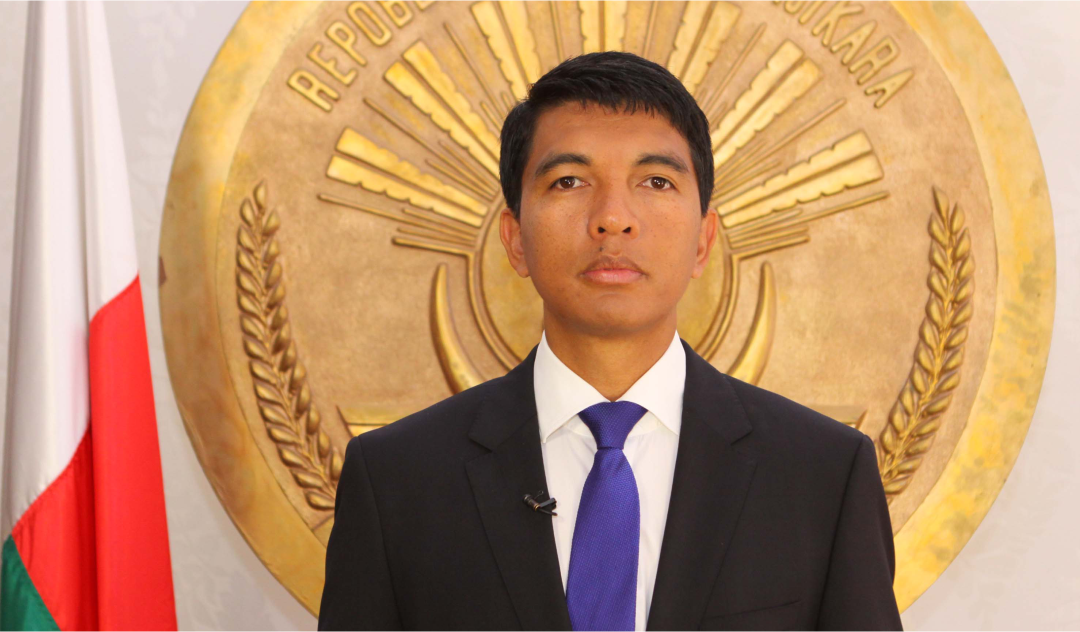
Madagascar’s military said on Tuesday it had taken control of the country after President Andry Rajoelina fled abroad and was impeached by the lower house of parliament, capping weeks of youth-led protests and army defections.
Colonel Michael Randrianirina, an officer who led a mutiny within the elite CAPSAT unit that helped propel Rajoelina to power in 2009, declared on national radio that the military was assuming authority and suspending state bodies including the Senate, the High Constitutional Court, the electoral commission and several top courts. The National Assembly would remain in place, he said.
Randrianirina later told reporters a military-led committee would govern alongside a transitional cabinet for up to two years before organising new elections.
Rajoelina, 51, condemned the takeover in a statement. He had attempted earlier in the day to dissolve the National Assembly by decree, but lawmakers — including members of his own majority — proceeded to impeach him on allegations of conduct incompatible with the presidency, creating a constitutional standoff the army then moved to end.
The president said in a late-night address on Monday that threats to his life had forced him into hiding. An opposition figure, a military source and a foreign diplomat told Reuters he left the country on Sunday aboard a French military aircraft.
Demonstrations that began on Sept. 25 over water and power shortages swelled into a broader revolt against corruption, poor services and governance, drawing large Gen Z crowds in Antananarivo’s 13 May Square. Protesters waved Malagasy flags and anime-inspired skull-and-crossbones banners while denouncing Rajoelina as beholden to France due to his dual nationality.
Over the weekend, CAPSAT publicly refused to fire on demonstrators and moved to take charge of the armed forces, naming a new army chief. The gendarmerie and police also broke with the president, further isolating him.
On Tuesday, Randrianirina appeared before the crowd, asking whether they would accept a military takeover — a question that drew loud cheers. Some protesters celebrated the announcement. Others urged a quick handover to civilians and early elections.
Madagascar, an Indian Ocean island of about 30 million people with a median age under 20, remains one of the world’s poorest countries. Despite repeated political resets since independence in 1960, per-capita GDP fell 45% between 1960 and 2020, according to the World Bank.
